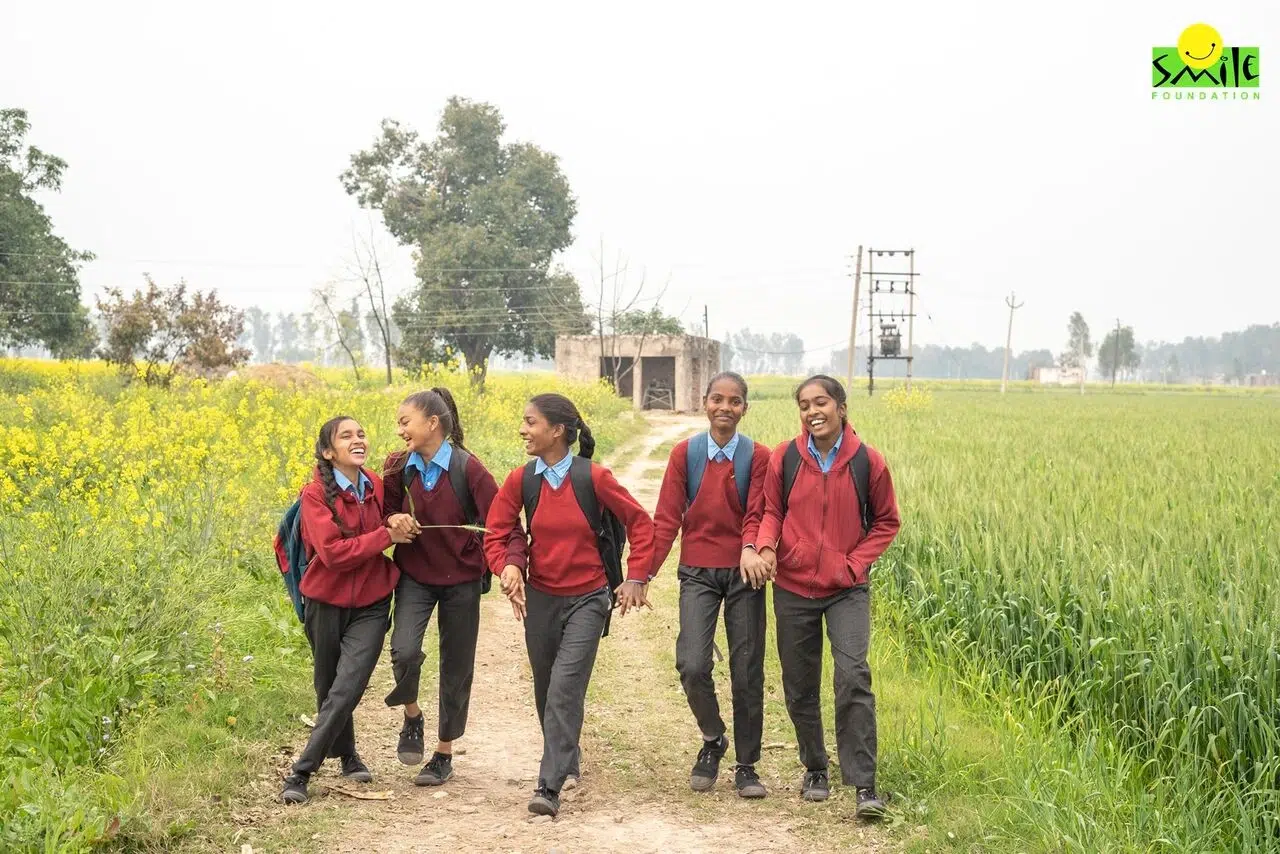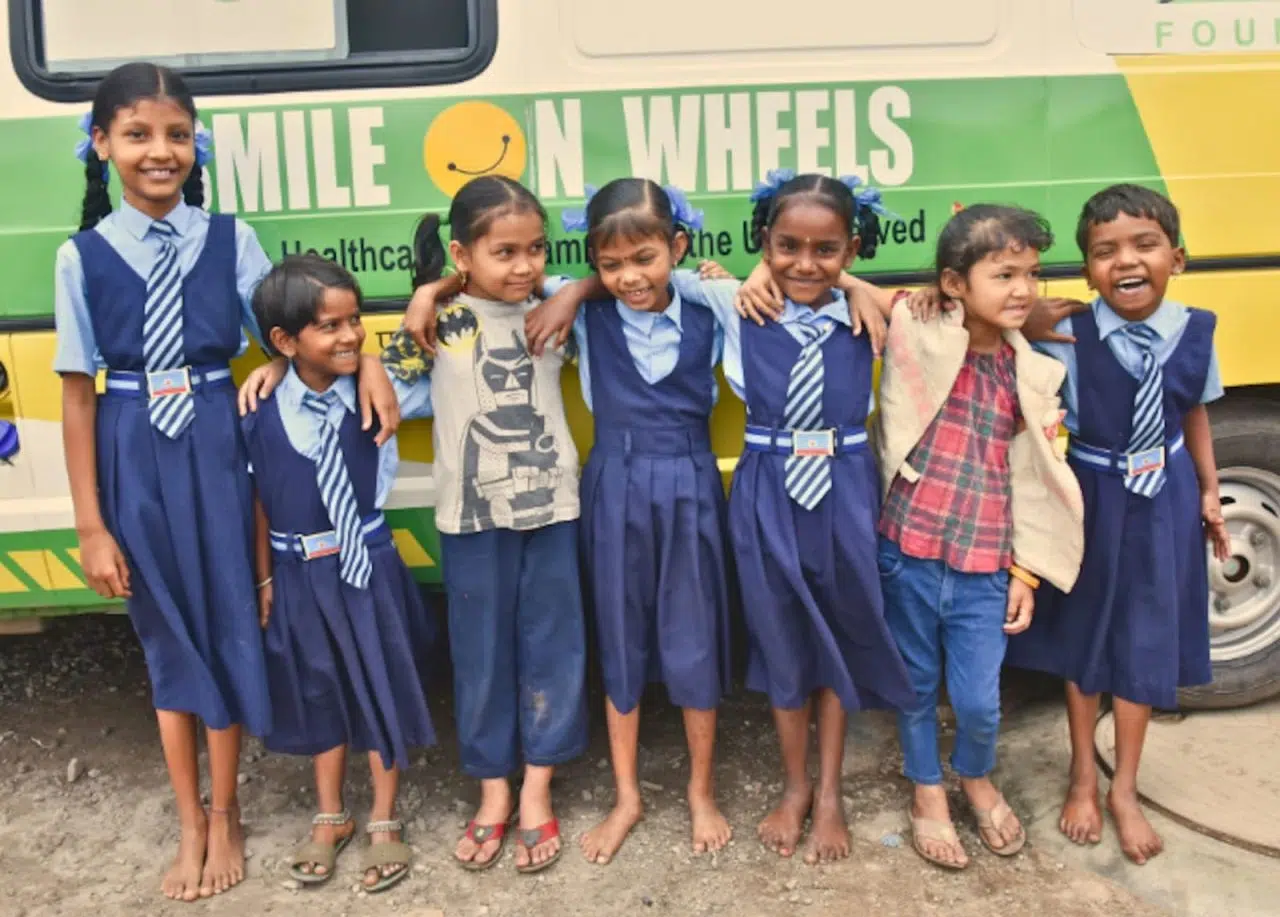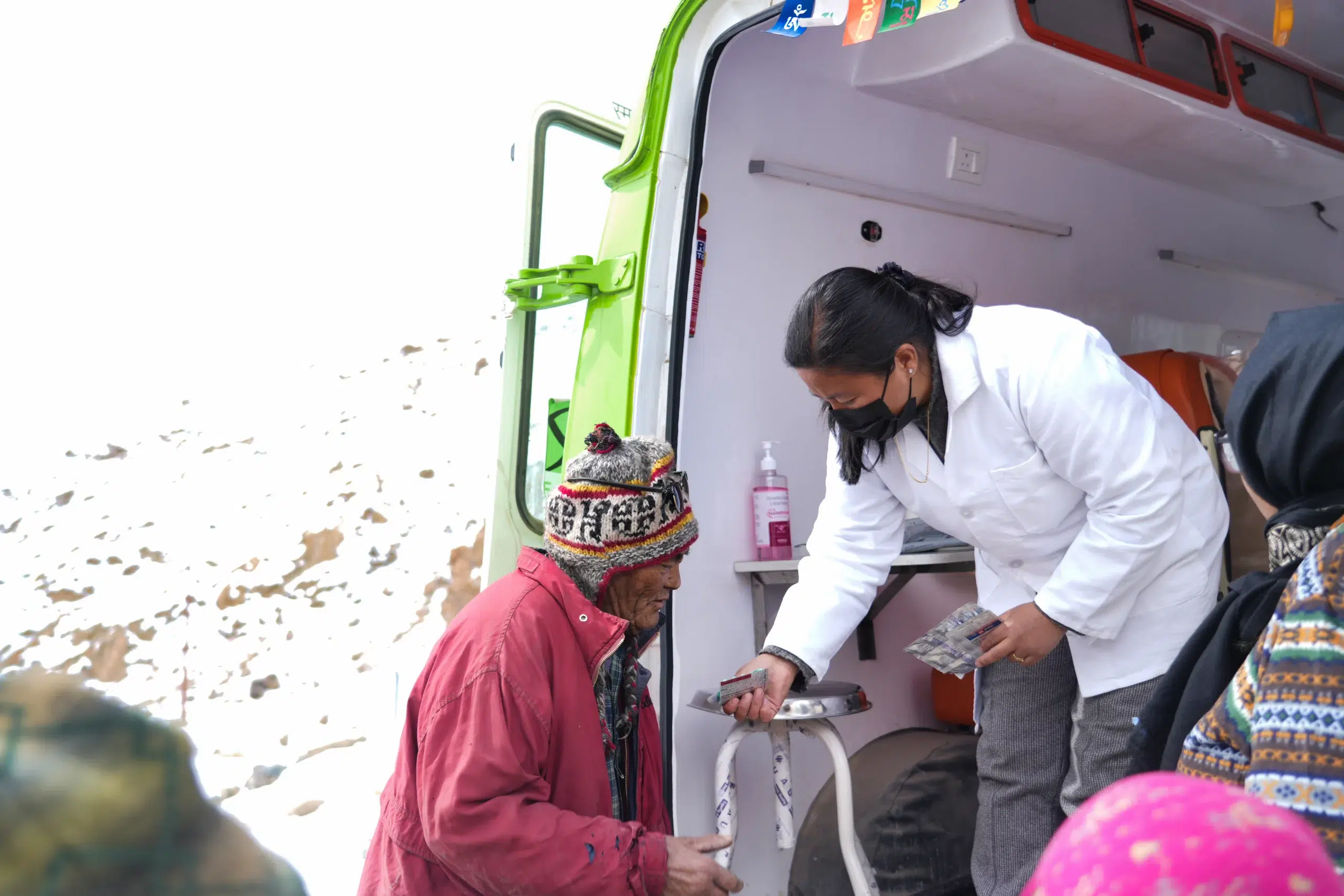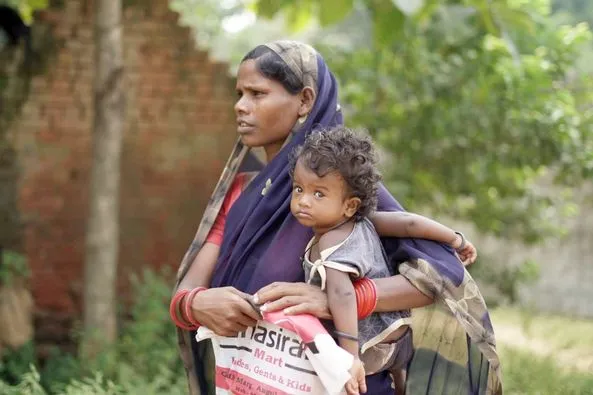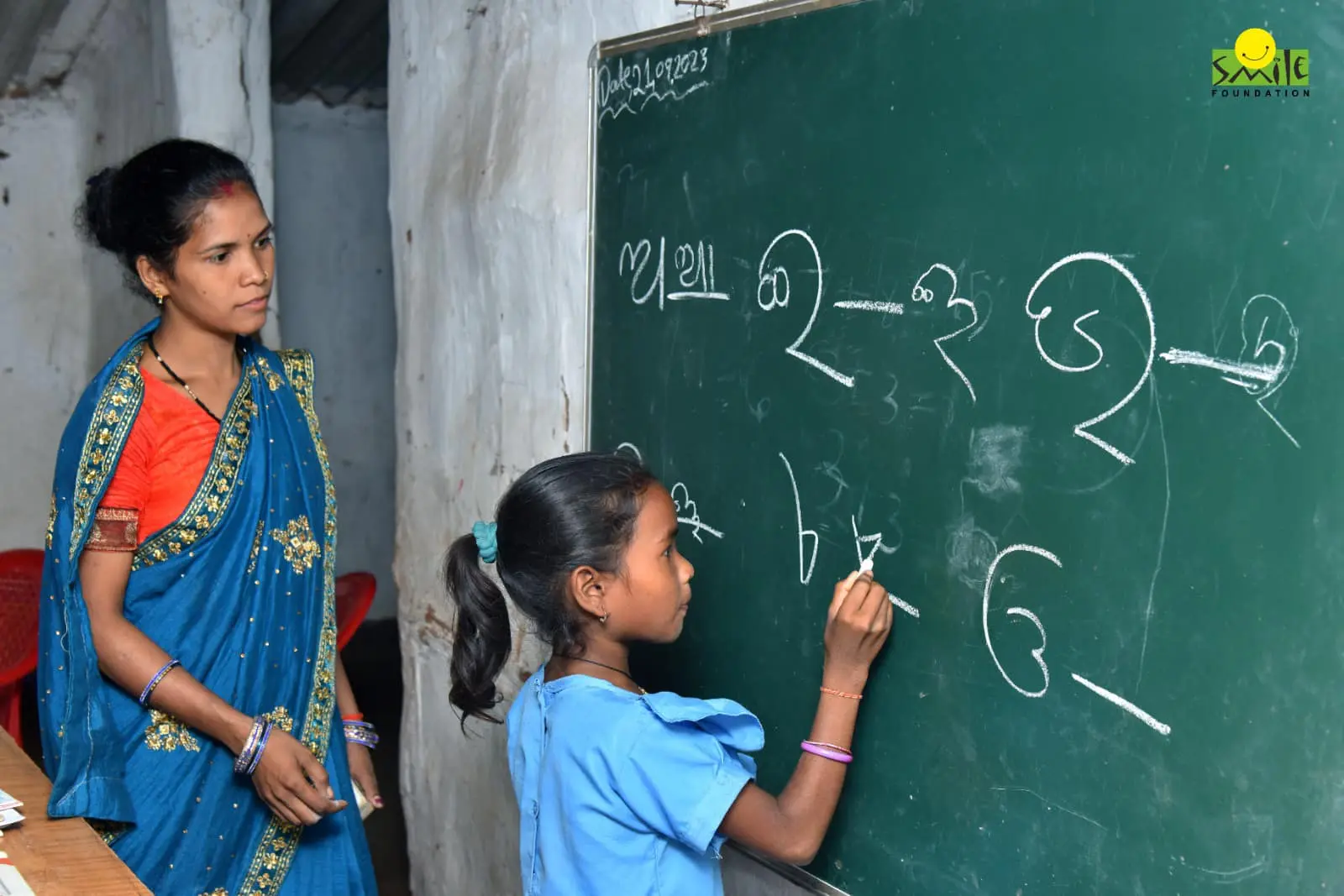Do you know that the early childhood days, typically the period from birth through eight years old, are extremely crucial in an individual’s life? Before the next question arises in your mind, I will tell you why. According to studies, a child’s brain undergoes rapid and extensive development during their early childhood. Their neural connections, which are formed at a high pace, are directly influenced by their experiences, environment and interactions.
While positive stimuli support the development of efficient neural connections, adverse experiences would hinder brain development and create long-term consequences. Upon utilising this period effectively, children would be bestowed with opportunities to shape their cognitive functions like language acquisition, memory power and problem-solving abilities. This is why early child education becomes the most important.
Early child education
It is nothing but the quality education, both formal and informal, that children receive before entering the primary school, i.e., from birth till their eighth year. Since whatever the child undergoes during this period plays a crucial role in their life and has a long-term consequence, it is essential to provide quality early child education to promote significant physical, cognitive, emotional and social growth. This in turn will lay the foundation for future learning, behaviour and health outcomes.
The United Nations Educational, Scientific, and Cultural Organization (UNESCO) has developed a framework for facilitating international comparisons of education systems and qualifications—the International Standard Classification of Education (ISCED). The framework has included early child education under ISCED level 0. Its primary goal is to promote children’s social skills, language development, early literacy and numeracy, creativity and physical well-being through play-based learning and structured activities.
Components of early child education
Education, just like everything else, should be provided in appropriation with age. That’s why it is important to consider numerous factors and implement various techniques in early child education. Below are some of the effective ways to provide quality education to our youngest.
- Play-based learning: Play is a natural and essential activity through which children will explore, experiment, discover and make sense of the world. That’s why play is central to early child education. Through play-based learning, one can support holistic development, including problem-solving, critical thinking, self-regulation, empathy and gross motor and fine motor skills of children. In addition, the play-based learning will allow the children to make choices, take small risks, and exert control over their experiences. This freedom will in turn enhance their confidence and ability to function independently.
- Developmentally appropriate practices: Grounded in research and understanding of child development theories, these practices act as a guiding principle for educators. For developmentally appropriate practices tailor suits the educational experiences to match the children’s age, developmental stage, individual needs, and cultural background. The practice is aligned with children’s physical, emotional, social and linguistic capabilities. This approach lets the children learn and grow at their own pace by responding to and supporting their developmental milestones.
- Foundational Literacy and Numeracy (FLN): Without focusing only on the academic outcomes, foundational skills in literacy and numeracy should be taught to the children. FLN refers to the basic skills in reading, writing and mathematics. It in turn means the children’s ability to read, understand and write basic alphabets and numbers. It also means, children can perform simple mathematical operations like addition and subtraction and apply them in their daily life. For these foundational literacy and numeracy skills lay the foundation for future academic success and create a lifelong love for learning. Some of the strategies to promote early literacy are reading aloud, storytelling and retelling, phonological awareness and print awareness.
Early child education in India
Understanding the crucial role of early child education in a child’s lifelong learning and development, the Indian government has been taking numerous steps not just to implement it but also to enhance it constantly. One such initiative is the implementation of the Integrated Child Development Services (ICDS) scheme, now renamed Anganwadi services. The objective of the scheme is to provide holistic early childhood care, including education, nutrition, and health check-ups in underserved areas. According to the Poshan tracker, the country has about 13.99 lakh Anganwadi centres in 764 districts implementing 7,205 projects.
The centre benefits about 10.03 crore people, including 38 lakh children aged below six months, 4.08 crore children aged between six months and three years, and 4.44 crore children aged between three and six years. At these centres, children till 6 years would be provided early education, nutritious meals, health care and other immunisation services. They also play a vital role in mobilising community participation and conducting awareness campaigns.
Smile Foundation’s role
Known for our contribution in the field of education for children from marginalised communities for more than 20 years, Smile Foundation has been working closely with children aged between three and 18 years. With the sole objective of empowering these kids, our Mission Education programme is well aligned to the New Educational Policy (NEP 2020) and SDG Goal 4, which advocates for ensuring inclusive and equitable quality education and promoting lifelong learning opportunities for all.
We have been following its 4-pronged approach—
- improving learning outcomes,
- capacity building of teachers,
- enabling learning environments
- and community engagement
—to support the children and 1.2 lakh children have received quality education with our CSR interventions.
In our journey towards creating a concrete foundation for the youngest, we have been transforming Anganwadis to model Anganwadis to provide a safe and appropriate environment for the children. We attempt to introduce a technology-driven approach in early child education to make learning effective and engaging. Not just that, we insist on community partnership and ensuring the participation of local communities in the success of the centres. We also put consistent efforts into creating a robust early learning framework that works 100% in favour of the children’s development.
Know more about partnering with us for educating children through a CSR project here.




